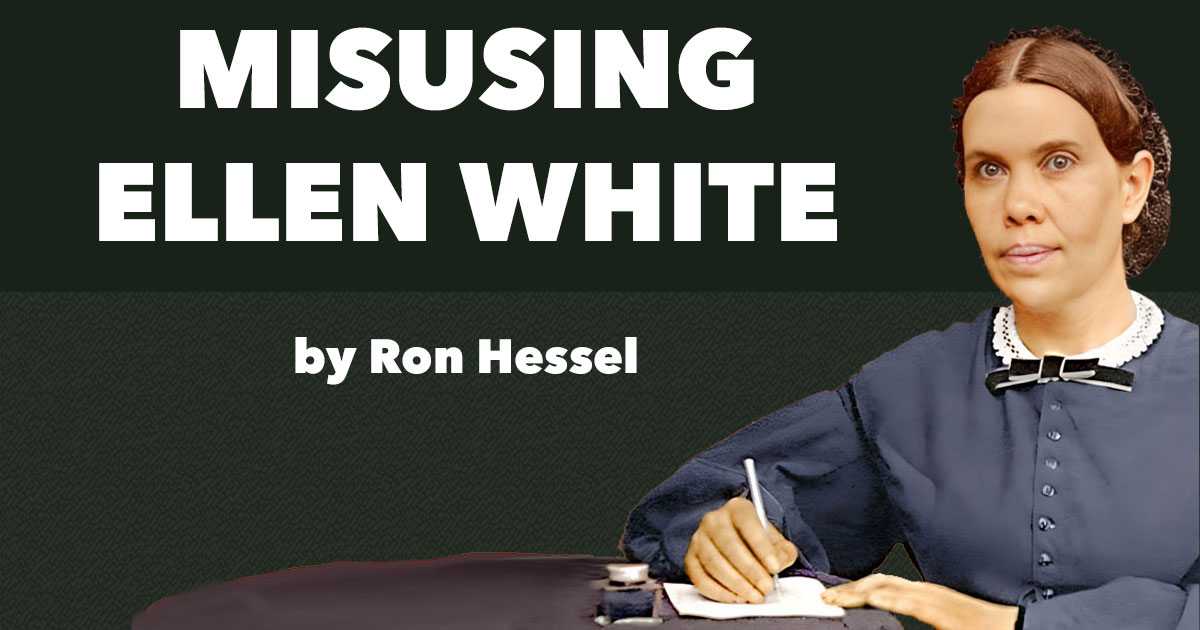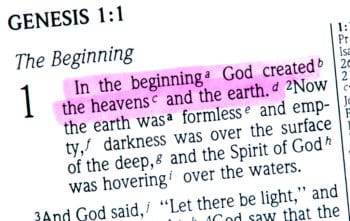
by Ron Hessel | 17 February 2026 | I believe Ellen White was given us as a gift to help our church in its infancy to grow and become a significant force for good in this world. At her best, she helped us to understand a God of love better. But she’s not what a […] Source: https://atoday.org/misusing-ellen-white/

